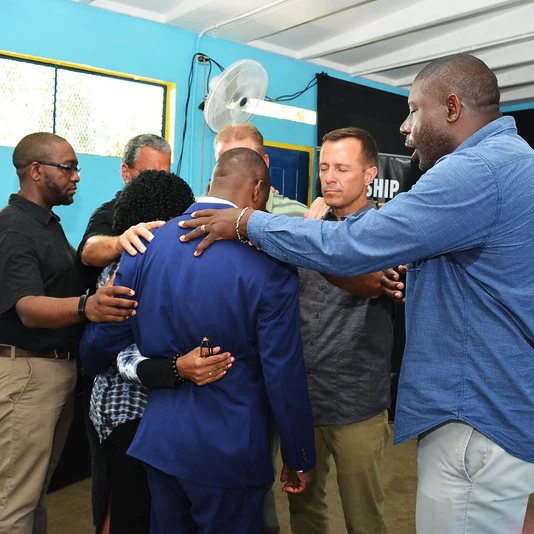Planting Churches. Strengthening Leaders.
A collaborative family of churches that trains leaders and plants Gospel‑centered churches
Your church is part of a greater mission to multiply.
Our mission as the local church is The Great Commission—a mission entrusted to all churches which is larger than any one church can handle. To accomplish this mandate, we must unite and multiply!


Your church must not stand alone.
That mission isn’t a solo effort. It’s not a singular “you” adrift in the world. God designed us to be in community with one another (individually). That same design applies to churches and church plants (collectively). To truly flourish, we need each other.
Planting Churches and Training Leaders. Together.
The Great Commission Collective is a group of pastors, elders, and leaders who provide wisdom, resources, support, and community to each other, training you to flourish as you lead a church or church plant.
Plant
Plant, lead, and grow a church that’s healthy and growing in what matters: making disciples of Jesus Christ.
Care
Continue to grow through counseling, coaching, retreats, and ongoing soul care for pastors and their wives.
Train
Get the tools and resources you need to grow in leadership and plant healthy churches that flourish.
Connect
Walk alongside other like-minded leaders who bring years of experience and wisdom to the table.
Interested in our church planting pipeline?
Together, we can accomplish more.
Schedule a call with Great Commission Collective to join us in planting churches and equipping leaders to the glory of God.
GCC By the Numbers
Ready to explore the Great Commission Collective?
Schedule a Call
Schedule a call with our team to learn more about who we are and how to get connected with tools, training, and resources.
Pray and Seek Counsel
Evaluate and prayerfully consider your next step under the counsel of the mentors/elders God has placed in your life.
Join the Collective
Become a part of a network of churches that is focused on planting churches and strengthening leaders.
Feel called to plant or pastor?
Get connection and counsel from pastors & elders aligned around multiplying leaders, planting churches & strengthening one another.
I Am a Church PlanterI Am a Church Leader